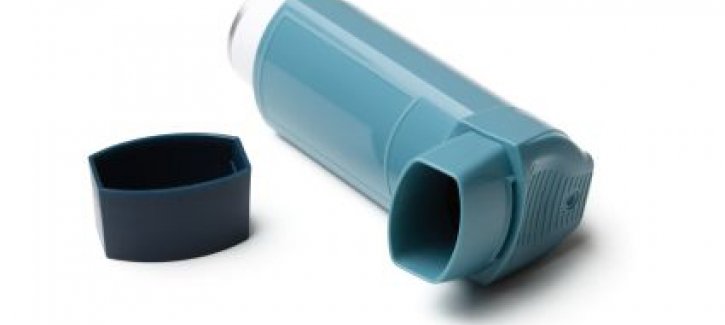Reliever inhalers are used to widen the airways and reduce asthma symptoms in the short term. They are a key part of treating an asthma attack.

It's important to note that reliever inhalers don't reduce swelling in the airways and can't help prevent symptoms long term.
Reliever Inhalers
Reliever inhalers (usually blue) can be taken as soon as asthma symptoms appear. They work quickly by opening the airways wider and making it easier to breathe again. This is carried out by relaxing the muscles of the airways which tighten when asthma symptoms worsen.
Everyone with asthma should have a reliever inhaler and should keep it with them at all times, as they are essential for treating asthma attacks which may come on suddenly with little warning. You can also take reliever medication before your symptoms get worse, such as when you’re starting to get a cold or before exercise to reduce the risk of symptoms developing.
If you need to use reliever medication more than twice a week it may mean that your asthma is not controlled and you should see your doctor as soon as possible.
Examples of reliever medication:
- Salbutamol (e.g. Ventolin)
- Terbutaline (e.g. Bricanyl)
- Ipratropium bromide (e.g. Atrovent. This medication is most commonly used in older people or children under 2. It takes about 45 minutes to work)
Relievers are a very safe and effective medicine and have very few side effects. Some relievers can slightly increase your heartbeat or give you mild muscle shakes, but these effects are more common when taking high doses. These side effects generally wear off within a few minutes, or a few hours at most.

Possible Side Effects of Reliever Medication
Reliever inhalers may cause some mild side effects such as hyperactivity in children or increased heart rate, especially when taken at high doses. However these effects are temporary (usually only a few minutes) and should not be cause for concern.


